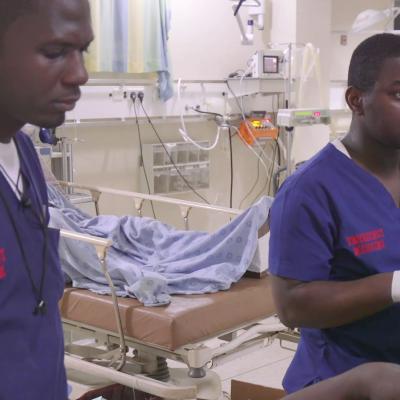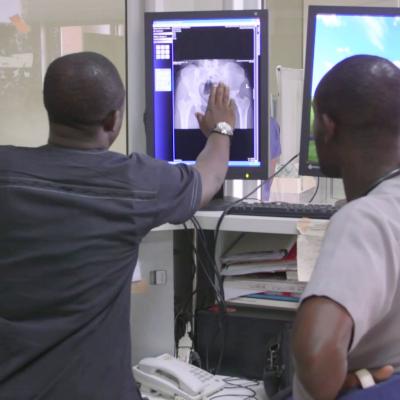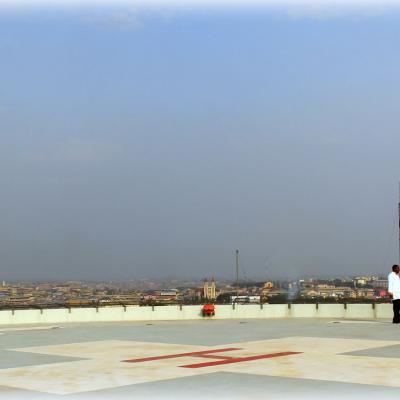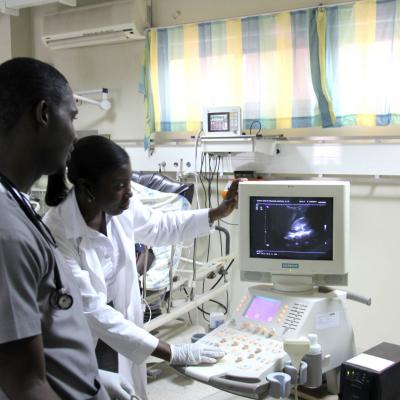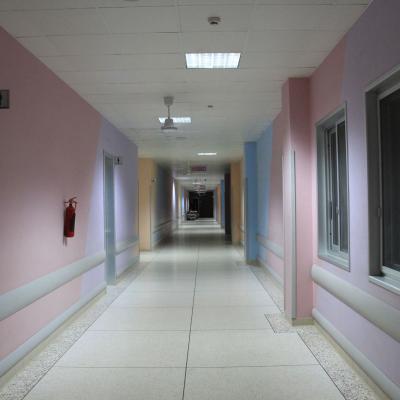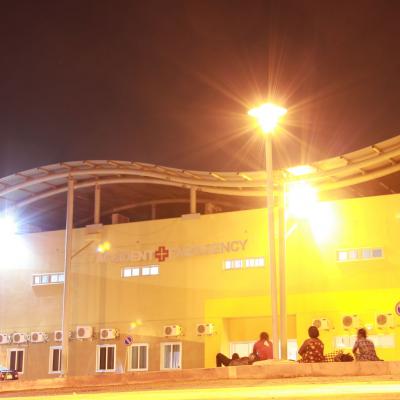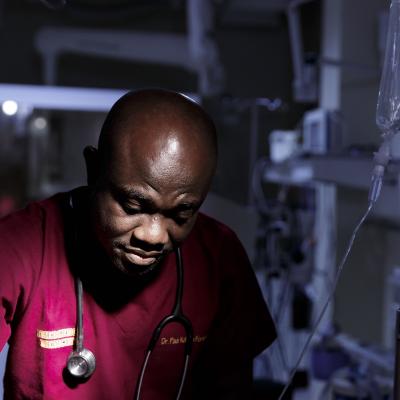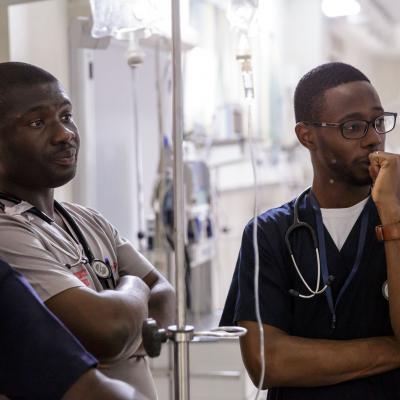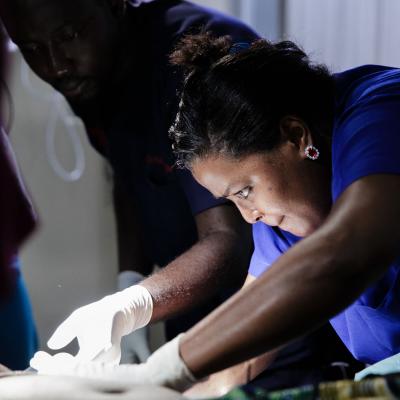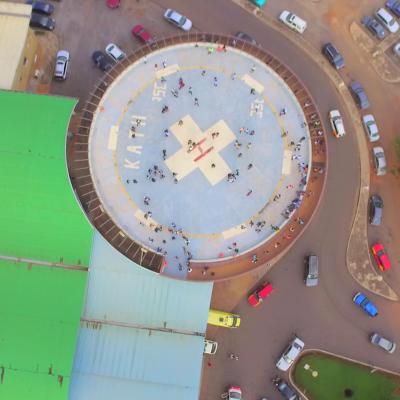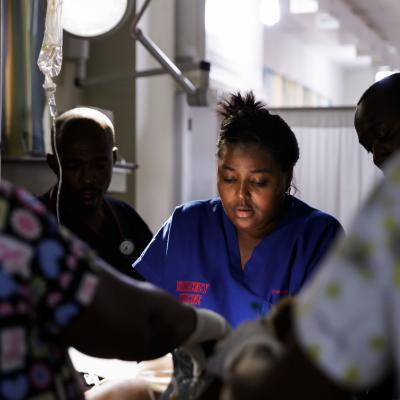History of Emergency Care in Ghana.
In May 2001, 126 people died in a stadium disaster during a football match between two local clubs in Ghana. Several spectators were trampled to death and many more sustained injuries. Although a lot of research and pilot training programs in Ghana had recommended the need to establish a formal emergency care system, it would appear that this incident, in particular, focused political minds to take necessary action.
Until recently most emergency care centers were staffed by medical officers who had no formal training in Emergency Medicine. There were ‘casualty departments’ in the larger hospitals, but the staffing was inadequate and relatively junior, with little support from seniors. There is still a general lack of Emergency Medicine specialty training among Ghanaian doctors and nurses outside the Komfo Anokye Teaching Hospital. In most emergency units, patients presenting are not triaged, and their complaints are dealt with directly by whichever medical specialties that are available. Most emergency centers are poorly equipped and overcrowded. Inter-facility transfer may have improved in major cities but remains a big problem in the rural areas.
Ambulance services are confined to regional capitals and are virtually non-existent in rural areas. The anecdotal perception is that it does not always work, nor is it well-publicized and advertised to the population. The other problem is that even where ambulances are available to call, the access and response times are poor with no clearly defined performance targets.
The Ghana College of Physicians and Surgeons (GCPS) has recognized Emergency Medicine as a field of specialist practice and recommended the training of Emergency Physicians to take care of patients presenting to emergency centers in the country. An Emergency Medicine residency-training program under the auspices of the GCPS started in October, 2009. With help from a ‘diaspora’ faculty, the GCPS conducted admission examinations and the first batch of residents started training at the Komfo Anokye Teaching Hospital in Kumasi. Currently, there are trained Emergency Physician Specialists who attend to emergency cases at Komfo Anokye Teaching Hospital, Korle-Bu Teaching Hospital, Ridge Hospital, Tema General Hospital, Cape-Coast Teaching Hospital, Tamale Teaching Hospital, Upper West Regional Hospital, Ho Teaching Hospital as well as Nyaho Hospital.
In the 2010-2011 academic year, the Kwame Nkrumah University of Science and Technology introduced a degree course in Emergency Nursing for the purpose of training nurses. This two-year program affords diploma holders in nursing an opportunity to acquire skills and knowledge that are specific to Emergency Nursing. Entry requirements include a diploma in nursing and institutional sponsorship.
• National Ambulance Service
The National Ambulance Service (NAS) was established in the year 2004 as an Agency of the Ministry Of Health. It is a product of collaboration between the Ministry of Health and the Ghana National Fire Service of the Ministry of Interior.
As a statutory agency, NAS has been charged with specific role and responsibilities to establish and operate a nationwide comprehensive Ambulance Service. Our Service operates under the Emergency Service Council, which would establish the rules, regulations and operation guidelines for NAS and other private ambulance service providers.
NAS has since its inception migrated from Seven (7) Stations in Three (3) Regions to 130 stations with presence in every Region in Ghana and ten control rooms.

Copyright © 2025 EMSOG. All Rights Reserved.


